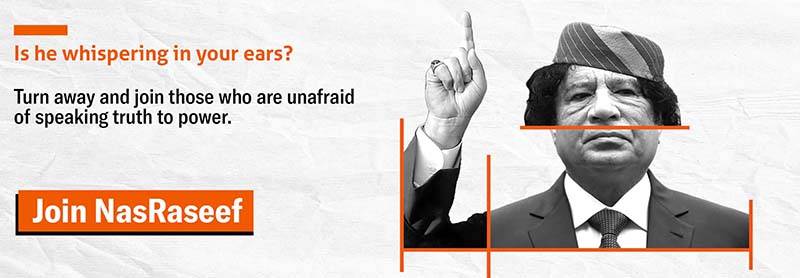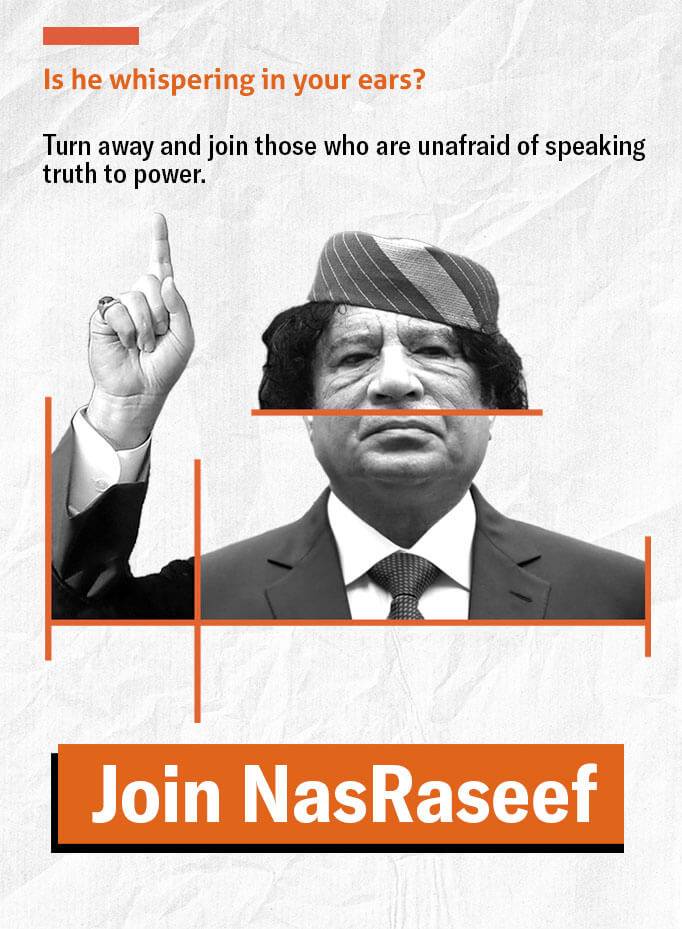I was recently invited to give a talk at the National University of Singapore. Upon arriving at the airport and reaching customs, I was ushered in for further questioning. My husband was not. Yet I was the one with the invitation, and the one who anxiously waited for a visa to enter the country, while my passport languished for three weeks at the Embassy in DC. I was also the one who had waited for five weeks for a visa to Hong Kong. And while my husband did have to apply for a visa to mainland China, the one he obtained was multiple entry, each entry for 60 days, and valid for 10 years. I got a single entry visa for 30 days. The difference between us is that my husband holds a US passport, and I hold a Lebanese one. The US passport occupies the third rank in Henley & Partners’ Visa Restrictions Index, which ranks passports according to the number of countries to which their holders are afforded visa-free access (Germany comes in first place, followed by Sweden). The Lebanese passport ranks 96th, eight spots from the bottom position. What does it look like to be number 96? Not only is it the case that almost every country on this planet requires a visa of me, but holders of a Lebanese and many other similarly ranked passports need a transit visa just to pass through the major European and North American airports, i.e. just to have our Third World feet touch the glossy floors of their First World airports. And a transit visa is just that: when our connecting flights are delayed, we are ushered to drab bunk beds within said airports, while our First World fellow passengers—who bought the same tickets as us—are apologetically escorted to nearby hotels. For, in order to be allowed to step outside of airports, we need to provide manifold advance pledges and evidence that we are neither squatters nor terrorists. This is true for even the shortest tourist trip. Hence, in addition to the usual proof of accommodation, flight reservations, and visa fees—which can be hefty—we are often asked to present an account of every single trip we have taken in the past five to 10 years of our lives, bank statements and pay slips, information, including occupations and addresses, not only about spouses, but also about former spouses, parents, and siblings (even if they live in a different country). We are also asked for a letter from our employer expressing awareness of, and thus permission to, travel on the proposed dates, and a very specific letter from our insurance company: as the Schengen visa requirements have it, for example, it should specifically contain the following three words in it: “medical”, “evacuation”, and, most morbid of all, “repatriation”. Thus the same countries that preach privacy and data protection require us—or even worse, private companies working on their behalf—to provide them with personal, not obviously relevant data. The same countries that proclaim their preservation of the rights of workers ask us to obtain permission from our employers for our vacation trips. The same countries that project themselves as protectors of the weak discharge themselves of any medical responsibility to us in case of accidents. And the same ones that proclaim the rule of law provide us with no legal recourse, or right to object to, or appeal their application process to the judiciary or to an independent authority. In fact, visa decisions are nothing if not opaque: for there is no requirement of accountability or justification. After all—as visa officers remind us, without fail, in one way or another—we are the beggars here. But the affront to dignity does not stop at the application stage; the wait is almost worse. It not only ranges from three days to three months, even for a tourist visa, but more agonizingly, the wait time is never confirmed in advance: the proviso “some applications may take longer than specified” is always available to be waved at us. Even worse, most immigration and visa bureaus insist on holding on to our passports as our visa applications are being processed. The wait, in this case, becomes not only a wait for a visa, but also a wait to regain one’s freedom of movement (however limited it may be) and, in conjunction, one’s proof of identity and thus protection. Perhaps the one redeeming aspect of living with visas is the solidarity that arises amongst those of us who wait at embassies, usually Asians, Middle Easterners, Africans, and Latin Americans. The combination of anxiety and long waits constitutes an optimal condition for conversation, so conversation is often struck and experiences shared in turn, greeted with expressions of horror, laughter, and alarm. Living with visas is obviously not the worst of immigration injustices—it is after all a luxury to be able to apply for tourist visas in the first place. Still, like an acrid cherry on the putrefied cake of immigration, it is one instantiation of the way in which people get classified in this world. It is a constant reminder for many of us that, whatever we do, we will never be good enough to obtain the same treatment that people in the First World get by mere virtue of their more fortunate birth. The philosopher Joseph Carens compares this system to medieval feudalism. Witnessing the recent altercations between the US and EU about allowing each other’s citizens visa-free access thus feel like watching the global aristocracy quibble over a few additional morsels of privilege, just as we are being bossed around by their unaccountable consular representatives. 

Raseef22 is a not for profit entity. Our focus is on quality journalism. Every contribution to the NasRaseef membership goes directly towards journalism production. We stand independent, not accepting corporate sponsorships, sponsored content or political funding.
Support our mission to keep Raseef22 available to all readers by clicking here!




Join the Conversation
جيسيكا ملو فالنتاين -
14 hours agoجميل جدا أن تقدر كل المشاعر لأنها جميعا مهمة. شكرا على هذا المقال المشبع بالعواطف. احببت جدا خط...
Tayma Shrit -
2 days agoمدينتي التي فارقتها منذ أكثر من 10 سنين، مختلفة وغريبة جداً عمّا كانت سابقاً، للأسف.
Anonymous user -
2 days agoفوزي رياض الشاذلي: هل هناك موقع إلكتروني أو صحيفة أو مجلة في الدول العربية لا تتطرق فيها يوميا...
Anonymous user -
2 days agoاهم نتيجة للرد الايراني الذي أعلنه قبل ساعات قبل حدوثه ، والذي كان لاينوي فيه احداث أضرار...
Samah Al Jundi-Pfaff -
4 days agoأرسل لك بعضا من الألفة من مدينة ألمانية صغيرة... تابعي الكتابة ونشر الألفة
Samah Al Jundi-Pfaff -
4 days agoاللاذقية وأسرارها وقصصها .... هل من مزيد؟ بالانتظار